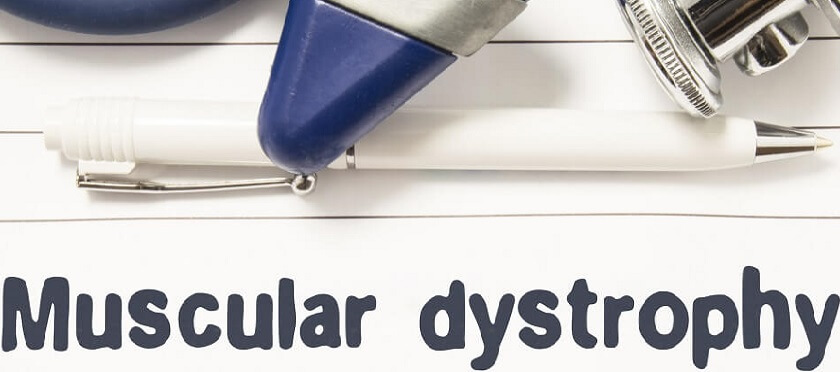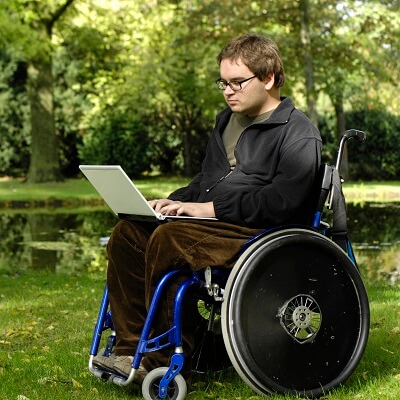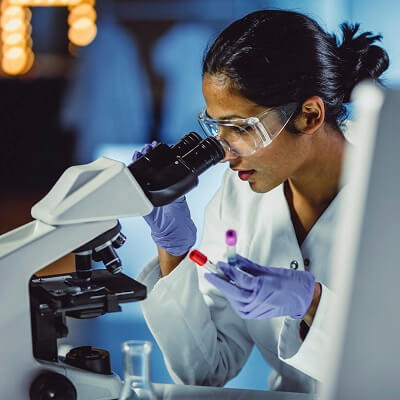Can HGH Be Used to Treat Muscular Dystrophy?
Human growth hormone is known to stimulate the growth of healthy muscle and bones. This has led to research into using it to treat muscular dystrophy and related diseases.
Muscular dystrophy is known as a “muscle wasting disease.” It causes progressive muscle weakness, with most patients having to use leg braces, and/or a wheelchair by the age of 12. It occurs more often in boys than girls. There are various forms of muscular dystrophy. They are all caused by defects in the genes that produce the proteins needed for normal muscle growth.
There is no cure for muscular dystrophy. But there are medications and therapies that can help manage symptoms and slow the course of the disease. Research into new treatments and possible cures continue. One of these areas of research involves the use of human growth hormone, or HGH.
HGH is necessary for muscle, bone, and tissue growth.
How Can HGH Improve the Symptoms of Muscular Dystrophy?
Several studies have shown that HGH can dramatically reduce muscle weakness in mice. These “mouse models” have shown that human growth hormone can improve muscle strength and survival in mice with Duchenne muscular dystrophy. A mouse study published in the UK found that mice given HGH “developed stronger muscles that did not tire as easily and could run 50% further in exercise tasks.”
More encouraging, was a study presented at a recent annual meeting of the Endocrine Society, that found that HGH improved muscle growth in prepubescent boys with Duchenne muscular dystrophy. Currently, the usual treatment for Duchenne muscular dystrophy is daily injections of high doses of steroids. These injections help patients with improved muscle strength and mobility.
However, high doses of steroids have many side effects. This study suggests that human growth hormone can be used to help alleviate some of the adverse effects of the high-dose steroids used to treat muscular dystrophy.
Duchenne muscular dystrophy is caused by problems in a gene on the X chromosome that makes a protein called dystrophin, found in muscle fibers. It effects about 1 in every 3500 boys.
A 2017 study published in the journal, Neuromuscular Disorders, set out to determine if daily injections of HGH can improve the ability to walk, in patients with muscular dystrophy. That study concluded that, “supplementation with growth hormone may improve muscle strength and stabilize walking capability in [muscular dystrophy] patients.”
HGH and Muscle Growth
Normally in the body, HGH helps to maintain, build, and repair healthy tissue – particularly muscle and bone. HGH also helps to speed up healing after an injury and repair muscle tissue after exercise. HGH is essential to build muscle mass. Therefore, it stands to reason that HGH could be an effective treatment in muscular dystrophy and other degenerative neuromuscular disorders.
HGH is being explored as a possible treatment for muscular dystrophy and other muscle wasting diseases.
What Other Diseases Is HGH Currently Being Used to Treat?
HGH is already being used to help to speed the healing of sports and orthopedic injuries. It is also approved to treat the “muscle wasting” typical of HIV/AIDS patients. The technical term for muscle wasting is “cachexia.” It is one of the more debilitating symptoms of AIDS patients.
It is characterized by loss of lean body mass similar to what is seen in some cancer patients. It causes internal tissue, bones and organs to deteriorate. It occurs in AIDS victims in the late stages of the disease.
In 1998, a clinical trial found that after three months of growth hormone therapy, patients with wasting from AIDS saw, on average, an increase of nearly 7 pounds in lean body mass. Ever since then, HGH has been approved to treat cachexia in AIDS patients.
The original use of growth hormone has been to treat children who are unsuccessful in reaching growth milestones or fail to achieve full adult stature. It is, of course sill used for this purpose.
Within the last decade or so, growth hormone therapy has also been successfully used to treat age-related growth hormone deficiency. HGH levels naturally decline as men and women age. This can lead to age-related growth hormone deficiency. The symptoms of age-related GHD include: fatigue, weight gain, muscle loss, sexual health issues and cognitive difficulties.
HGH replacement therapy is being used to slow or reverse these symptoms and more.
HGH is already prescribed to treat several disease and conditions.
Now that you know a little bit more about HGH and the diseases that it can treat, why not contact us to see if you, or someone you know, might benefit from growth hormone therapy.





